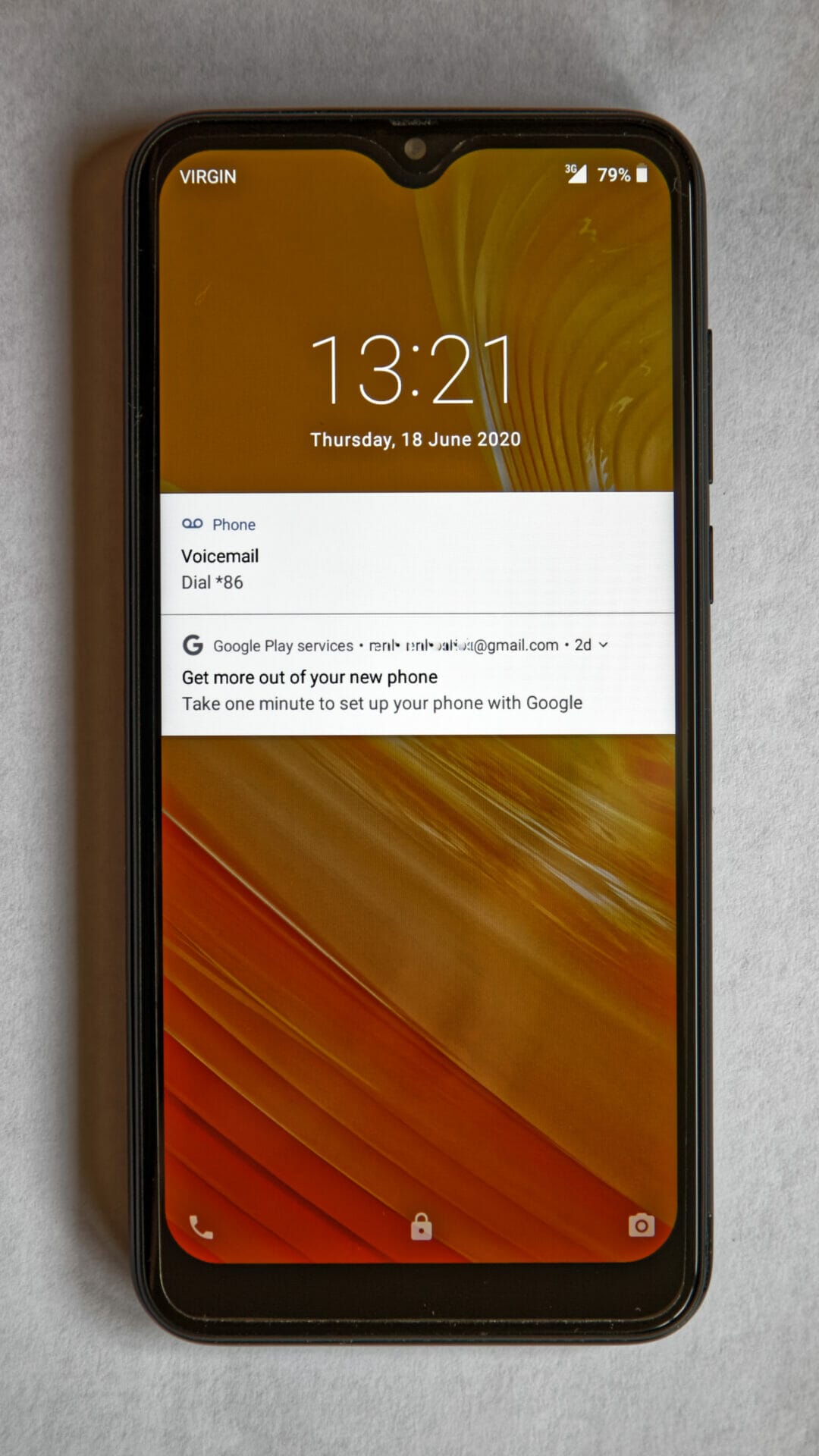The Utah Supreme Court is currently deliberating on a case that raises important questions about the constitutional protections of cell phone passcodes under the Fifth Amendment. This blog post examines the key points surrounding this case and its broader implications for privacy rights, constitutional interpretation, and law enforcement practices.
The Fifth Amendment and Self-Incrimination
At the heart of this case lies the Fifth Amendment of the United States Constitution, which safeguards individuals from being compelled to bear witness against themselves. The central issue under consideration is whether providing a cell phone passcode constitutes self-incrimination.
Implications for Privacy and Constitutional Rights
This case has garnered support from organizations like the ACLU and the Electronic Frontier Foundation. These groups argue that if an individual’s exercise of their Fifth Amendment right can be used against them as evidence of guilt, then this essential protection loses its meaning. The outcome of this case will have far-reaching consequences for privacy rights and could shape how we interpret the Fifth Amendment in relation to modern technology.
Historical Rights and New Technologies
One crucial aspect brought to light by this case is how historic constitutional rights apply to new technologies such as cell phones. Balancing individual rights with encryption and data protection in the digital age requires thoughtful consideration from the court. It is essential to address both preserving fundamental rights and acknowledging technological advancements.
Prosecution and Defendant Participation
Central to criminal law is an individual’s right to remain silent and not be compelled to participate in their own prosecution. This case explores whether compelling individuals to provide their passcodes violates this right, as well as examining whether a refusal can be used as evidence of guilt. These issues go to the core of our legal system’s principles.
Broader Implications
Decisions made by the Utah Supreme Court often extend beyond specific cases. Therefore, their ruling will not only affect similar cases within the state but may also influence law enforcement practices concerning the unlocking of cell phones in the future. This case has the potential to shape legal precedents and impact individuals’ constitutional rights beyond Utah’s borders.
Balancing Privacy and Law Enforcement Needs
This case underscores the ongoing challenge of striking a delicate balance between safeguarding individual privacy rights and enabling law enforcement agencies to access crucial information for investigations. The court’s decision could provide valuable guidance on how to effectively navigate this delicate equilibrium, ensuring both privacy protection and effective law enforcement practices.
In conclusion, the Utah Supreme Court’s consideration of whether cell phone passcodes are constitutionally protected under the Fifth Amendment raises significant questions about privacy rights, constitutional interpretation, and law enforcement methods. The outcome of this case will set important precedents that extend beyond Utah’s borders, impacting our understanding of modern technology and fundamental constitutional principles.












